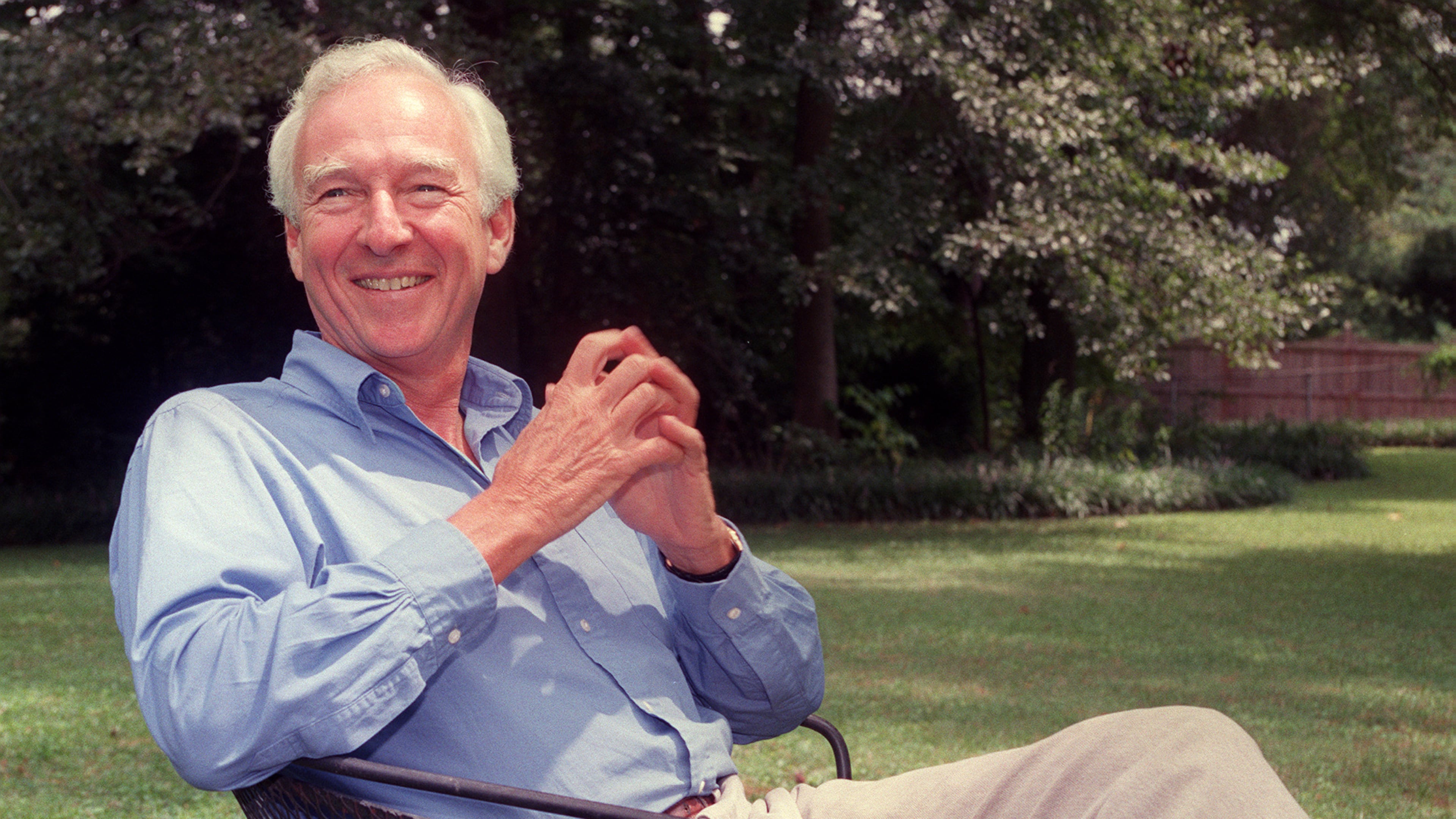Do you remember when Congress still worked? Wyche Fowler does.

Former U.S. Sen. Wyche Fowler wasn’t just a senator.
Before that, he was an Atlanta city councilman, city council president, congressman from Georgia’s 5th Congressional District, and even Atlanta’s “night mayor.”
And after a single term in the Senate from 1987 to 1993, he went on to be President Bill Clinton’s ambassador to Saudi Arabia.
Fowler’s career is the subject of a new book, “Wyche Fowler: A Political Life in Georgia, Washington, and Abroad” from Mercer University Press. The author, Bill Johnstone, was Fowler’s Capitol Hill chief of staff and campaign manager, so Fowler’s 16 years in Congress gets the most attention.
Thank goodness for that. Because the book is not only a chronicle of the lost art of legislating; it is also proof that one day, not so long ago, Congress did function. Bills were passed. Conference committees met. The government, usually, was funded.
And unlike today’s calcified and cruel political dynamics, there were people in both parties, including Fowler, who valued the role of Congress in American democracy and dedicated their lives to making it work.
It was so different from today that Fowler, now 85, compares talking about his years in Washington to “studying ancient Rome.” But like the fall of Rome, there are lessons in the bygone years of the nation’s capital for today’s politics, too.
House Speaker Tip O’Neill was an early influence and mentor to Fowler when he first arrived in the House in 1977. Along with bonding over baseball and O’Neill’s fondness for the “Boston Braves,” the speaker counseled a young Fowler that the first thing any Democrat should do to get a bill passed was get Republicans on board.
“He said, ‘Don’t introduce a bill unless you have at least three prominent Republicans as cosponsors,’” Fowler told me during an interview this week. “I always followed that advice. I’d always have Republicans.”
Keep in mind that O’Neill’s advice came when Democrats had large majorities in the House. Even with Democratic defections, they didn’t necessarily need Republicans’ votes to get to yes. But O’Neill told Fowler to get them anyway.
“He felt it was much better to have bipartisanship so that you didn’t create a partisan issue with one side trying to ram something down the other side’s throat, as we as we have now,” Fowler said.
Once he was elected to the Senate, Fowler took votes it’s hard to imagine a Democrat casting today. For example, he supported Clarence Thomas’s nomination to the U.S. Supreme Court, even after his controversial confirmation hearings. He was also instrumental in bipartisan tax reform and the 1990 summit that led to rare balanced budgets. Over the years, he investigated fellow members of Congress in corruption and ethics scandals, including his fellow Democrats.
Johnstone said Fowler’s biggest legacy during his time in the House and Senate, above and beyond passing specific pieces of legislation, was his role in mastering the legislative process, passing bipartisan bills and making the machinery of Congress operate.
“I think he was an institutionalist, a position that is not very often filled in today’s Congress,” Johnstone said.
Like a lot of people, Fowler is disappointed in today’s politics and disheartened a the sheer dysfunction of the two chambers.
On the day we spoke, former House Speaker Newt Gingrich published a commentary in the New York Times extolling the virtues of a government shutdown, when done right, and blaming Democrats, naturally, for the today’s dysfunction.
“Of course, he’s got it totally backward,” Fowler said, pointing to his fellow Georgian as the father of the distrust gripping Washington today. “There’s no secret that when freshman Republicans came in, Newt had his tutorials where he said, ‘Democrats are not your colleagues, they are the enemy. You are never to cooperate with them.’ All of this stuff didn’t start with Trump. That’s where it started. And you see where we are today.”
Looking back, Fowler said the Congress of today likely could not pass the same landmark pieces of legislation that previous Congresses passed, including the Civil Rights Act of 1964 and the Voting Rights Act of 1965.
“Republicans have no interest in broadening any kind of participatory base that they think will jeopardize their claim on power,” he said.
Believe it or not, Fowler has not given up on Congress, but only because of young people he hopes will be inspired to go to Washington in the future, much the same way he was inspired to go into politics as a young man. After living through the political violence of the 1960s, from the 1963 Birmingham church bombing to the assassinations of President John F. Kennedy, Martin Luther King, Jr. and Bobby Kennedy, he said he wanted to be a part of changing the country for the better.
“I experienced those four episodes, of the worst political violence that we’re now experiencing, during my formative time,” he said. “And that made me determined to try to work in or enter into public life, to try to get things turned back around.”
As for the people in Washington now, Fowler said, only new leaders and new elections can fix that.
“The hope has to be with this new generation who have seen that things are broken, that we are all divided into subcultures that don’t talk to each other,” he said. “You can’t run a country that way, except to run it down.”



